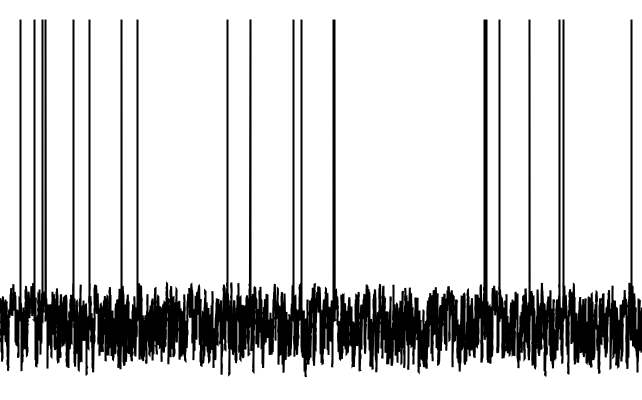We are looking for Ph.D. students to work on the computational principles of information processing in spiking neural networks. The project strives to understand computation in the sparse spiking and sparse connectivity regime, in which many cortical networks operate. Specifically, we will leverage surrogate gradient techniques to construct anatomically constrained functional spiking neural network models and study the role of cell-type diversity in such processing. We will validate these models through a systematic comparison of model activity with in-vivo data from our collaborators. Depending on the candidate’s ambitions, the project also offers exciting avenues for neuromorphic applications and studying plasticity principles in spiking networks.
See https://zenkelab.org/jobs/ for details on the application procedure.
Relevant literature
- Cramer, B., Billaudelle, S., Kanya, S., Leibfried, A., Grübl, A., Karasenko, V., Pehle, C., Schreiber, K., Stradmann, Y., Weis, J., Schemmel, J., Zenke, F.
Training spiking multi-layer networks with surrogate gradients on an analog neuromorphic substrate. ArXiv:2006.07239 preprint - Cramer, B., Stradmann, Y., Schemmel, J., and Zenke, F.
The Heidelberg spiking datasets for the systematic evaluation of spiking neural networks. ArXiv:1910.07407 preprint - Zenke, F., and Vogels, T.P.
The remarkable robustness of surrogate gradient learning for instilling complex function in spiking neural networks. BioRxiv 2020.06.29.176925. preprint - Neftci, E.O., Mostafa, H., Zenke, F., (2019)
Surrogate Gradient Learning in Spiking Neural Networks: Bringing the Power of Gradient-based optimization to spiking neural networks. IEEE SPM 36, 51–63. https://doi.org/10.1109/MSP.2019.2931595 fulltext - Zenke, F. and Ganguli, S. (2018)
SuperSpike: Supervised learning in multi-layer spiking neural networks. Neural Comput 30, 1514–1541. doi: 10.1162/neco_a_01086 fulltext
